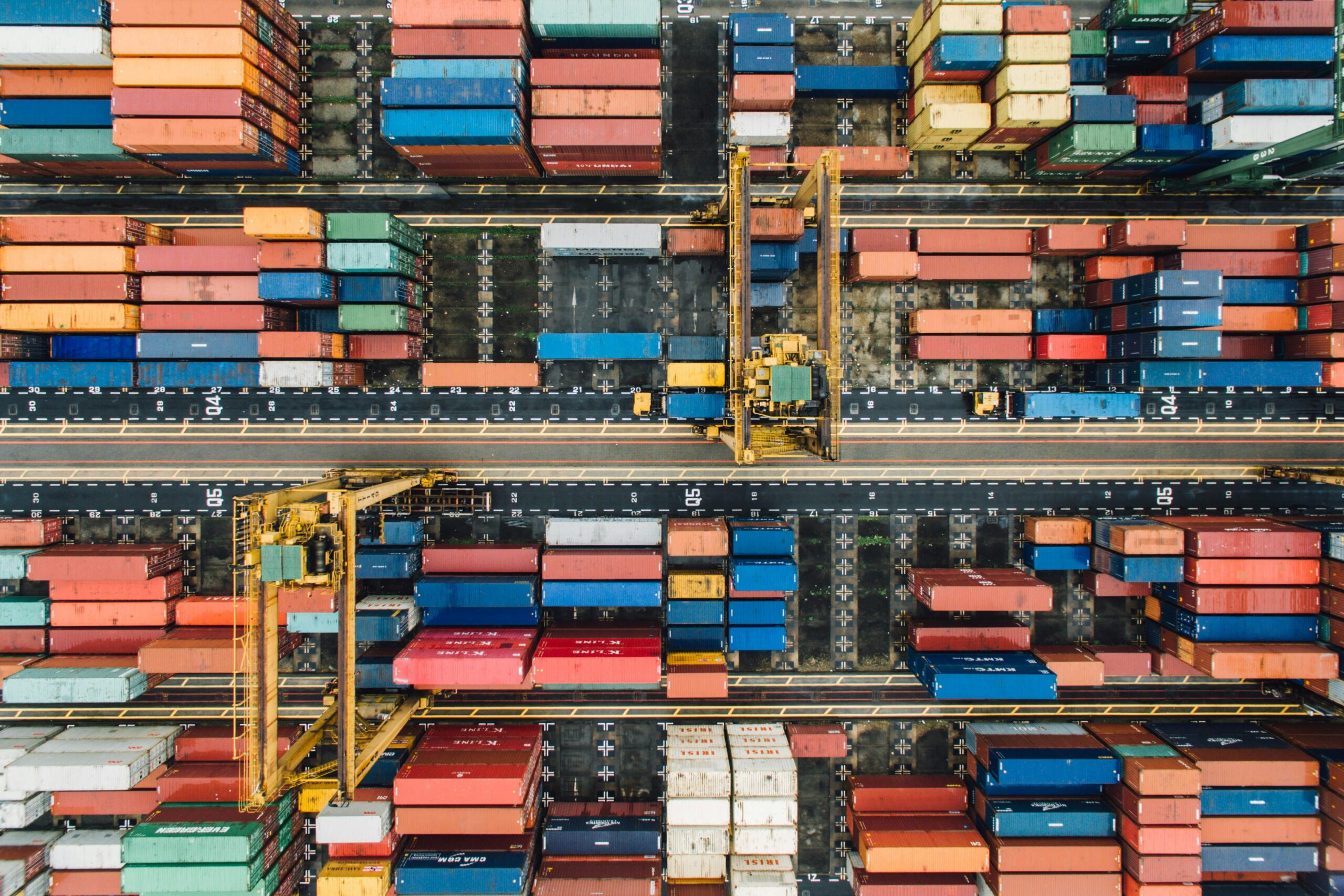- Following Brexit, aiming to advance their bilateral relations in economy and trade, Turkey and the UK have announced the initiation of negotiations for a comprehensive and modern free trade agreement. The trade ministers of the two countries, who met in London, decided to conduct the first round of negotiations in June.
- The new agreement, which includes investments, trade in services, and additional agricultural concessions, is expected to provide a stronger legal foundation for businesses in Turkey and the UK. Both countries anticipate that the trade volume, which exceeded $19 billion in 2023, will continue to grow in the new era.
- Kemi Badenoch, UK Minister for International Trade, and Ömer Bolat, Turkish Trade Minister, announced in London that negotiations for the free trade agreement had begun.
- Minister Badenoch stated, “I am pleased to initiate trade negotiations with Turkey, a significant economic and strategic partner for the United Kingdom. A new and modernized trade agreement fitting for the 21st century will further strengthen our evolving trade relationship.”
Trade Minister Ömer Bolat, in a statement on social media, said, “As a result of constructive cooperation between Turkey and the United Kingdom, our trade volume reached $19 billion in 2023. Our goal is to continue this positive trend and increase our trade volume by accelerating our efforts. To achieve this, we have taken a historic step today by starting the process of updating our Free Trade Agreement with the United Kingdom.”
Minister Bolat added, “In 2023, the total value of Turkey’s investments in the UK was $4.9 billion, and the UK’s investments in Turkey were $8.6 billion. However, I believe that the figures for goods, services, and investments are still well below their potential,” suggesting that an agreement suitable for the modern economies of both countries would emerge.
Bolat also expressed his belief that the new agreement would help increase and diversify bilateral trade, and contribute further to the strong cooperation and ties between Turkey and the UK.
The first round of negotiations for the free trade agreement between Turkey and the UK is scheduled to take place on June 10 in London. The negotiations are expected to be completed within a few years and to come into effect on a set date after approval by the parliaments of both countries.
After the UK’s departure from the European Union (Brexit), comprehensive discussions were held on the basis of trade between Ankara and London. The Free Trade Agreement, created by preserving the privileges in the Customs Union Agreement between Turkey and the EU, has been in effect since 2021.
WHAT DOES THE NEW AGREEMENT PROMISE?
According to statements from Ankara and London, one of the most significant aspects of the new agreement is the inclusion of services. The UK, after the USA, is the second-largest country in service exports. In 2022, 27% of its exports to Turkey were in this sector. According to London, the new agreement could see a significant increase in service exports to Turkey. In addition to the service sector, the new agreement will facilitate trade in investments and agricultural products and will also cover the digital economy.
According to the Turkish Ministry of Trade, the updated Free Trade Agreement aims to establish a stronger and more comprehensive legal foundation for the business communities in both countries.
According to the Ministry of Trade, the UK, with an export volume of $12.4 billion, was Turkey’s fourth-largest export market in 2023, and it became one of the top ten investors by making $8.6 billion in direct investments in Turkey. Investments from Turkey to the UK reached $4.9 billion during this period.
The trade ministers of the two countries last met in January in Istanbul, where they chaired the Economic and Trade Partnership Committee. The ministers signed a cooperation protocol and a 26-article action plan on its implementation.
It was announced that the protocol covers areas such as trade, investment, contracting, technical consulting services, science, technology, customs, as well as culture, environment, energy, and transportation.
Resources:
Photo by CHUTTERSNAP on Unsplash

